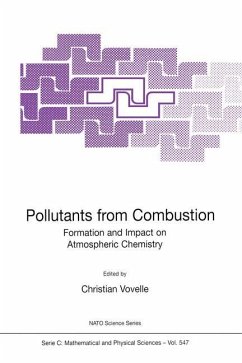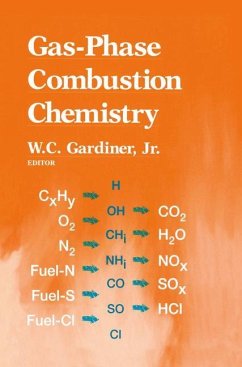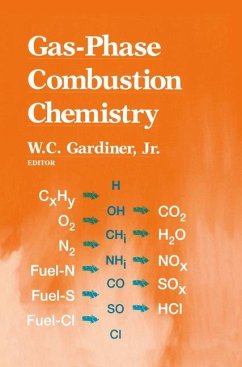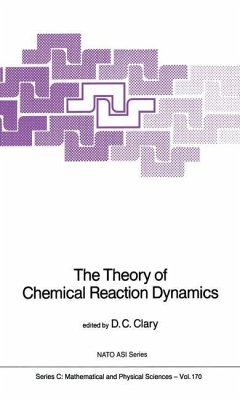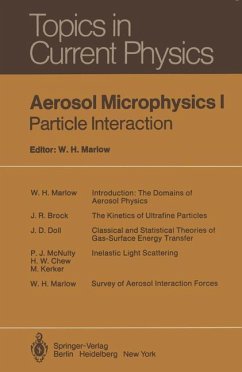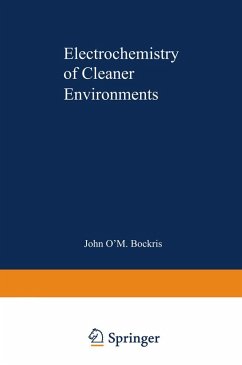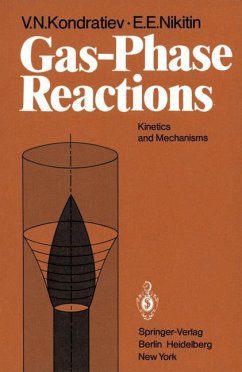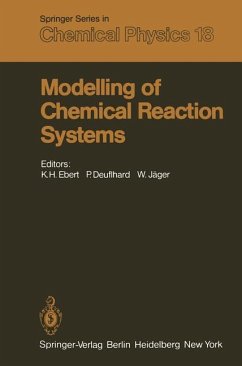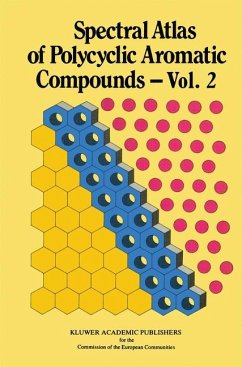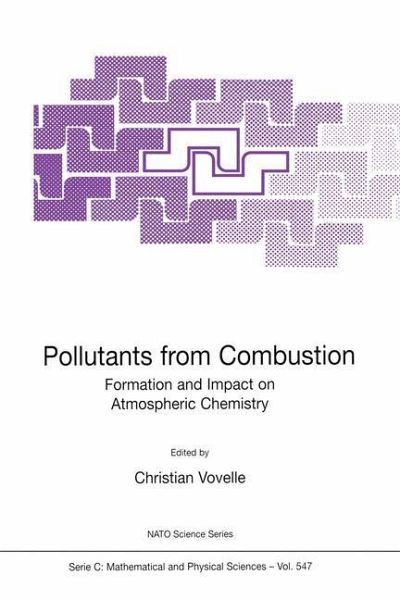
Pollutants from Combustion
Formation and Impact on Atmospheric Chemistry
Herausgegeben: Vovelle, Christian
Versandkostenfrei!
Versandfertig in 1-2 Wochen
153,99 €
inkl. MwSt.
Weitere Ausgaben:

PAYBACK Punkte
77 °P sammeln!
This volume is based on the lectures presented at the NATO Advanced Study Institute: (ASI) "Pollutants Formation from Combustion. Formation Mechanisms and Impact on th th Atmospheric Chemistry" held in Maratea, Italy, from 13 to 26 september 1998. Preservation of the environment is of increasing concern in individual countries but also at continental or world scales. The structure of a NATO ASI which involve lecturers and participants of different nationalities was thought as especially well suited to address environmental issues. As combustion is known to substantially contribute to the damag...
This volume is based on the lectures presented at the NATO Advanced Study Institute: (ASI) "Pollutants Formation from Combustion. Formation Mechanisms and Impact on th th Atmospheric Chemistry" held in Maratea, Italy, from 13 to 26 september 1998. Preservation of the environment is of increasing concern in individual countries but also at continental or world scales. The structure of a NATO ASI which involve lecturers and participants of different nationalities was thought as especially well suited to address environmental issues. As combustion is known to substantially contribute to the damaging of the atmosphere, it was natural to concentrate the ASI program on reviewing the currently available knowledge of the formation mechanisms of the main pollutants liberated by combustion systems. In most situations, pollutants are present as trace components and their formation and removal is strongly conditioned by the chemical reactions initiated by fuel consumption. Therefore specificlectures were aimed at defining precisely the general properties of combustion chemistry for gaseous, liquid and solid fuels. Physical factors can strongly affect the combustion chemistry and their influence was also considered. An interesting peculiarity of this specific ASI was to complement the program with a substantial part concerned with the impact of the main combustion pollutants: NOx, aromatics, soot, VOCs, sulphur and chlorinated compounds, on atmospheric chemistry.





